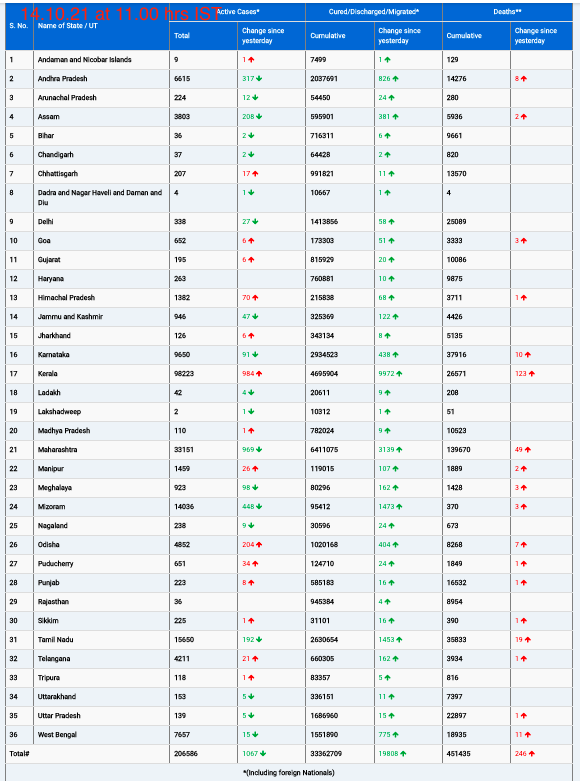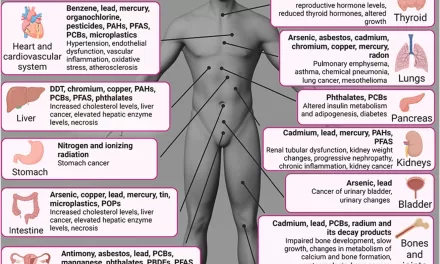In a groundbreaking achievement, researchers at the Indian Institute of Technology (IIT) Madras and Mandi have successfully metabolically engineered plant cells to significantly increase the production of Camptothecin, a vital component used in the treatment of cancer. The study, published in the peer-reviewed Journal Frontiers of Plant Science, outlines how computational tools were employed to develop a genome-scale metabolic model for Nothapodytes nimmoniana plant cells.
The research team at IIT Madras’ Plant Cell Technology Lab validated their findings through experimental overexpression of an enzyme predicted by the model. This resulted in the creation of a cell line from N. nimmoniana that yielded a remarkable five-fold increase in Camptothecin compared to the untransformed plant cell line.
Camptothecin, the third most in-demand alkaloid globally, is commercially extracted in India from Nothapodytes nimmoniana, an endangered plant. The newly developed technology not only addresses the critical need for enhanced production of cancer-treating drugs but also contributes to the conservation of natural resources.
Prof. Smita Srivastava from the Department of Biotechnology at IIT Madras emphasized the importance of integrating metabolic engineering with bioprocess engineering principles. This integration ensures the sustainable and heightened production of Camptothecin, meeting the rising market demand while minimizing time and cost.
Cancer remains a leading cause of death worldwide, prompting an urgent demand for increased production of anti-cancer drugs. In India, where cancer cases are projected to rise significantly, the breakthrough technology holds the potential to make a substantial impact on healthcare.
The study also addressed the environmental concerns associated with the overharvesting of plants like Nothapodytes nimmoniana. The species has witnessed a staggering 20% decline in population over the last decade, prompting its classification as endangered.
Camptothecin, extracted from plants like Nothapodytes nimmoniana, serves as a crucial anti-cancer drug lead molecule. However, climate change and extensive deforestation for extraction have led to the endangerment of these plant species. The new platform technology developed by the researchers not only facilitates the enhanced production of Camptothecin but also has the potential to be applied to increase the production of other high-value phytochemicals.
Co-investigator Prof. Karthik Raman from IIT Madras highlighted the broader implications of the study, stating that the platform technology could pave the way for the efficient commercial production of various medicinally important compounds, reducing dependence on nature and contributing to sustainable practices in drug development.











